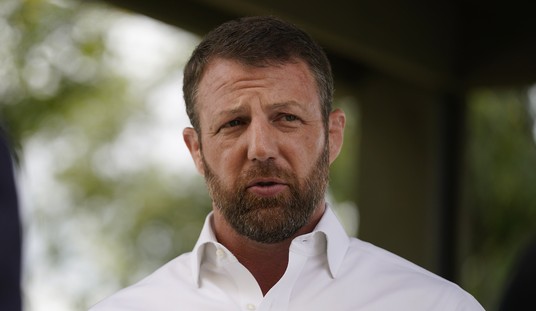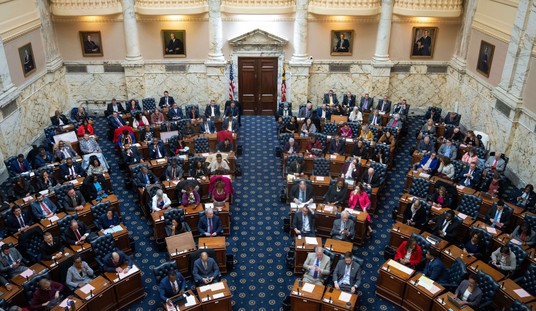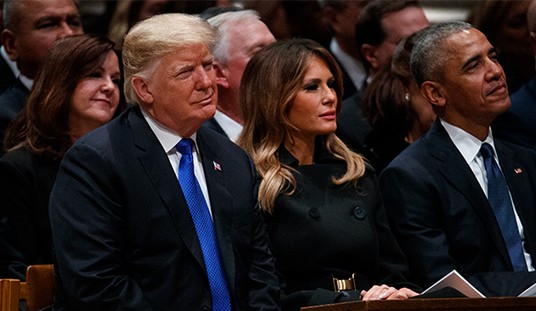
Image via Flickr Creative Commons by Dustin Iskandar https://goo.gl/WTewNU licensed under CC BY-SA 2.0/Original
Federal, non-military employees were scheduled to receive a 2.1% pay increase in January 2019, but that may not happen now.
“Under current law, locality pay increases averaging 25.70 percent, costing $25 billion, would go into effect in January 2019, in addition to a 2.1 percent across-the-board increase for the base General Schedule. We must maintain efforts to put our Nation on a fiscally sustainable course, and Federal agency budgets cannot sustain such increases,” Trump’s letter said.
Currently annual federal pay increases are baked into the system. By law, there is an annual increase of 2.1% and a locality increase of about 25% of that meaning that the average fed gets an cost of living increase of about 2.5 per year. (Federal base and locality pay scales.)
The current state of play is that the House budget includes no pay increase and the Senate bill includes a 1.9% increase. If no pay increase is specified in the budget, then the president has authority to modify the annual pay increase.
This is what President Trump has to say:
Title 5, United States Code, authorizes me to implement alternative plans for pay adjustments for civilian Federal employees covered by the General Schedule and certain other pay systems if, because of “national emergency or serious economic conditions affecting the general welfare,” I view the increases that would otherwise take effect as inappropriate.
Under current law, locality pay increases averaging 25.70 percent, costing $25 billion, would go into effect in January 2019, in addition to a 2.1 percent across-the-board increase for the base General Schedule. We must maintain efforts to put our Nation on a fiscally sustainable course, and Federal agency budgets cannot sustain such increases. Accordingly, I have determined that it is appropriate to exercise my authority to set alternative across-the-board and locality pay adjustments for 2019 pursuant to 5 U.S.C. 5303(b) and 5304a.
Specifically, I have determined that for 2019, both across‑the‑board pay increases and locality pay increases will be set at zero. These alternative pay plan decisions will not materially affect our ability to attract and retain a well‑qualified Federal workforce.
As noted in my Budget for Fiscal Year 2019, the cost of employing the Federal workforce is significant. In light of our Nation’s fiscal situation, Federal employee pay must be performance-based, and aligned strategically toward recruiting, retaining, and rewarding high-performing Federal employees and those with critical skill sets. Across-the-board pay increases and locality pay increases, in particular, have long-term fixed costs, yet fail to address existing pay disparities or target mission critical recruitment and retention goals.
To the hard-working federal employees Trump just screwed by cutting pay — the folks who run our parks, protect our communities, & serve our veterans: YOU MATTER. If billionaires can get tax cuts, you should get a COLA. You work hard for America & that should add up to something.
— Rep. Eric Swalwell (@RepSwalwell) August 30, 2018
I don’t know about the “national emergency or serious economic conditions affecting the general welfare” stuff, but I definitely agree that this is the correct decision and it sends the right message.
The federal workforce is a pampered workforce operating under rules much closer to what would would find in a union shop in the northeast or upper midwest in the 1950s or 1960s. Once you’ve been employed for three years you have tenure which means that it is a difficult, time consuming, and very certain process to fire someone who is not convicted of committing a felony while at work. Regular in-grade increases happen unless a supervisor can document they are not deserved. The federal system has one of the last defined-benefit pension plans in existence in addition to a 401k equivalent where the government matches up to 3% of your base on a dollar-for-dollar basis and the next 2% on a 50% basis meaning contributing 5% of your base gets you a 9% total contribution.
There is always a lot of bellyaching about “pay comparability” by feds but the fact that they aren’t searching out higher paying jobs in the private sector is the tell. Tenure and a defined-benefit pension have a value that offsets those instances where higher private sector wages exist for the same work.
And, of course, there is the added bonus that the federal workforce is virtually an arm of the Democrat party.
The best case here is if the conference committee quietly drops the Senate pay increase and lets Trump take the heat.
=========
=========
Like what you see? Then visit my story archive.
Follow @streiffredstate
I’m on Facebook. Drop by and join the fun there.
=========
=========














Join the conversation as a VIP Member